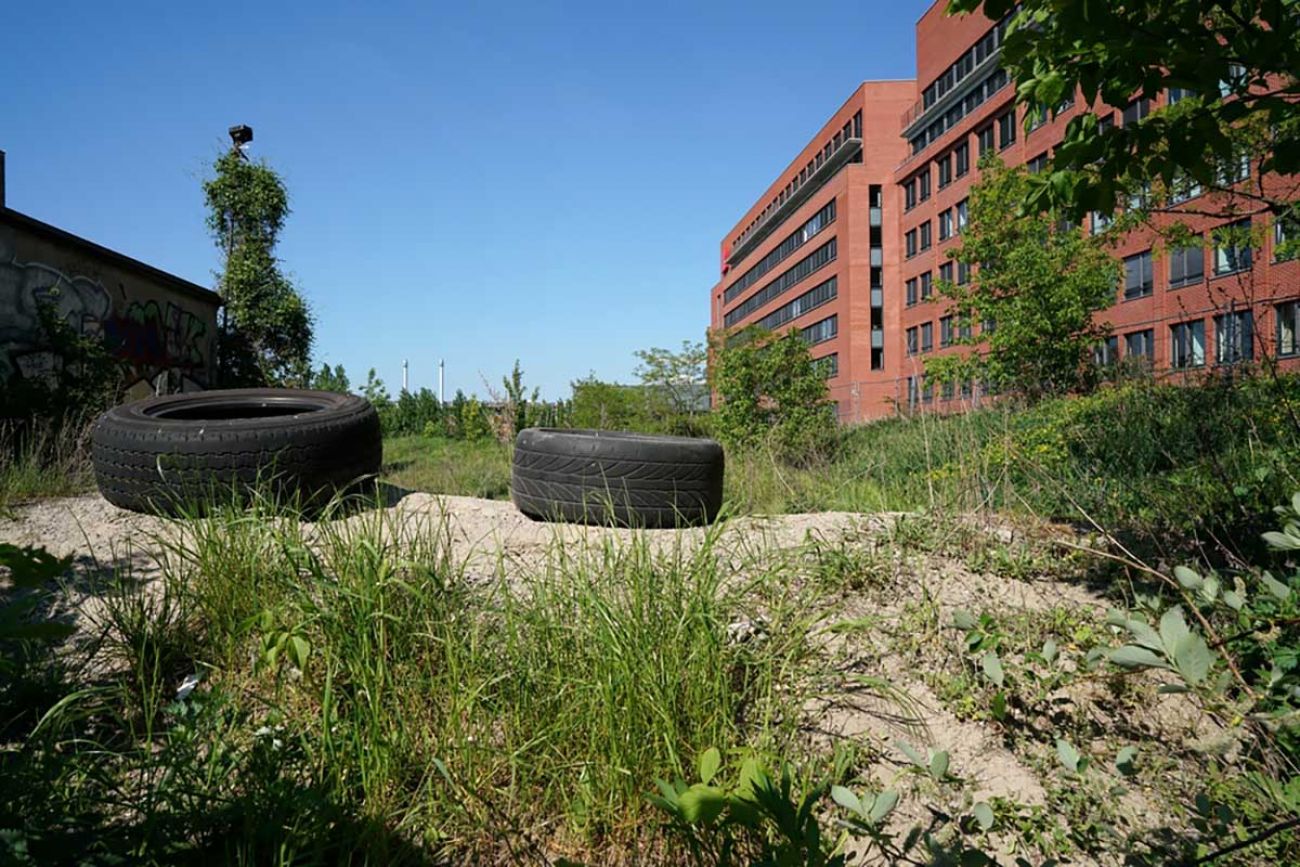Developers, including Gilbert, inquire about Michigan brownfield incentive

LANSING – Developers have started inquiring about Michigan's new sweetened brownfield tax incentive, sometimes known as the “Gilbert bill,” but nobody has applied for one yet, state officials say.
The law quietly took effect last month, lost amid Foxconn frenzy that reached a fever pitch with the Taiwanese electronics giant's decision to build a $10 billion factory in Wisconsin.
Real estate developers eager to use the sales and income tax capture to finance large, mixed-use projects on contaminated sites haven't formally applied yet, according to the Michigan Economic Development Corp., which runs the program.
But they are taking note.
RELATED: Five questions about Foxconn: If Wisconsin balks, what’s it mean for Michigan?
In Detroit, billionaire real estate magnate Dan Gilbert's Rock Ventures considers the incentive “essential” to the company's plans to redevelop the former J.L. Hudson's downtown department store into a proposed $775 million, 52-story building, along with a two-block redevelopment east of Campus Martius Park known as Monroe Block and restoration of the Book Tower and adjacent Book Building.
“We are also evaluating related projects as part of our transformational investment program," company spokeswoman Whitney Eichinger wrote in an email. “Our goal is to move through the process over the next several months, as we are eager to break ground on these projects and put cranes in the air and shovels in the ground as soon as possible.”
Michigan's “transformational” brownfield incentive went live July 24, two days before Gov. Rick Snyder signed into law an income tax withholding incentive designed to lure hundreds and thousands of new jobs to the state and Foxconn Technology Group touted its Wisconsin plans at the White House with President Donald Trump.
The enhanced brownfield subsidy — backed by Gilbert and a coalition of real estate developers, economic development agencies and municipal leaders from across the state — is designed to help close the financial gap between the cost of construction and what market rents can command, given that it is more expensive to build on contaminated or blighted property.
Opponents have said the incentive pads the pockets of rich developers and puts Michigan at financial risk, similar to the defunct Michigan Economic Growth Authority program that has the state on the hook for billions of dollars in obligated tax credit payouts.

Snyder signed the brownfield incentive in early June inside a vacant building in downtown Saginaw. The incentive would allow a developer to be exempt from paying sales and use taxes during construction, and to capture income taxes during construction and income and withholding taxes of the new tenants and employees living and working inside the buildings once completed.
RELATED: Do business lures really work?
Captured taxes can be used to offset the cost of infrastructure work and removal of contaminants such as lead and asbestos, as well as for demolition, renovation or construction.
Developers will be required to put up their own financing to qualify for a transformational brownfield incentive, ranging from $15 million in communities with fewer than 25,000 people to $500 million in Detroit. That can be waived in the smallest communities if the project would not otherwise be financially viable, in municipalities facing an emergency due to drinking water contamination and for historic properties that wouldn't otherwise be restored, according to MEDC guidelines.
The first incentive award might not show up on a Michigan Strategic Fund board agenda until the first quarter of 2018, said Greg Tedder, the MEDC’s executive vice president and chief community development and marketing officer. Yet, he added, there has been talk that one or more developers might try to get a project ready by the end of the year.
Gilbert and his Rock Ventures parent company have said the brownfield subsidy could unlock at least $2 billion from his team alone.
It's not yet known what Rock's Book Tower or Monroe Block projects might cost. The Monroe Block project would include the historic National Theatre building and two new office and residential towers bounded by Randolph Street, Bates Street, Cadillac Square and Monroe Avenue.
The city is scheduled to hold a meeting this month to discuss a community benefits agreement for the Monroe Block and Book Tower projects.
Tedder, with the MEDC, said the agency has had “preliminary discussions” about the brownfield subsidy with Gilbert's team, as well as with developers and municipal leaders from across the state.
A project will not qualify for any other Michigan Strategic Fund incentive if it receives a transformational brownfield incentive, guidelines show. Likewise, projects that can work with another type of state financing will not qualify for a transformational brownfield incentive.
“There's not going to be any double dipping,” Tedder said.
Incentive awards will be capped at a total of $1 billion by the time it sunsets in December 2022, including $800 million for income and withholding tax captures and $200 million for construction phase exemptions, according to MEDC guidelines. Income and withholding tax captures will be limited to $40 million per year, though no more than a quarter of that could go to a single project.
Tax captures would end once the financing gap is closed, or after 20 years.
No more than five such incentives can be awarded in a calendar year, though any unused amount can carry over to the following year. No more than five transformational brownfield projects can be approved in any one municipality.
At least 35 percent of all projects awarded by 2022 should be in municipalities with fewer than 100,000 people.
The MEDC in June asked for proposals from companies that could conduct the third-party economic impact and financial underwriting studies required to qualify for the incentive. Tedder said the agency could make a decision on the firms it will contract with within two weeks.
Developers proposing to capture more than $1.5 million in income and withholding taxes would be required to pay to have both studies done. Smaller projects would be reviewed by the MEDC and the Michigan Department of Treasury.
The “good jobs” incentive will take effect Aug. 25. Michigan remains in contention for future investment from Foxconn; its chairman was quoted in Chinese newspapers discussing a possible automotive research facility in the state.
Crain’s Detroit Business reporter Kirk Pinho contributed to this report.
See what new members are saying about why they donated to Bridge Michigan:
- “In order for this information to be accurate and unbiased it must be underwritten by its readers, not by special interests.” - Larry S.
- “Not many other media sources report on the topics Bridge does.” - Susan B.
- “Your journalism is outstanding and rare these days.” - Mark S.
If you want to ensure the future of nonpartisan, nonprofit Michigan journalism, please become a member today. You, too, will be asked why you donated and maybe we'll feature your quote next time!

